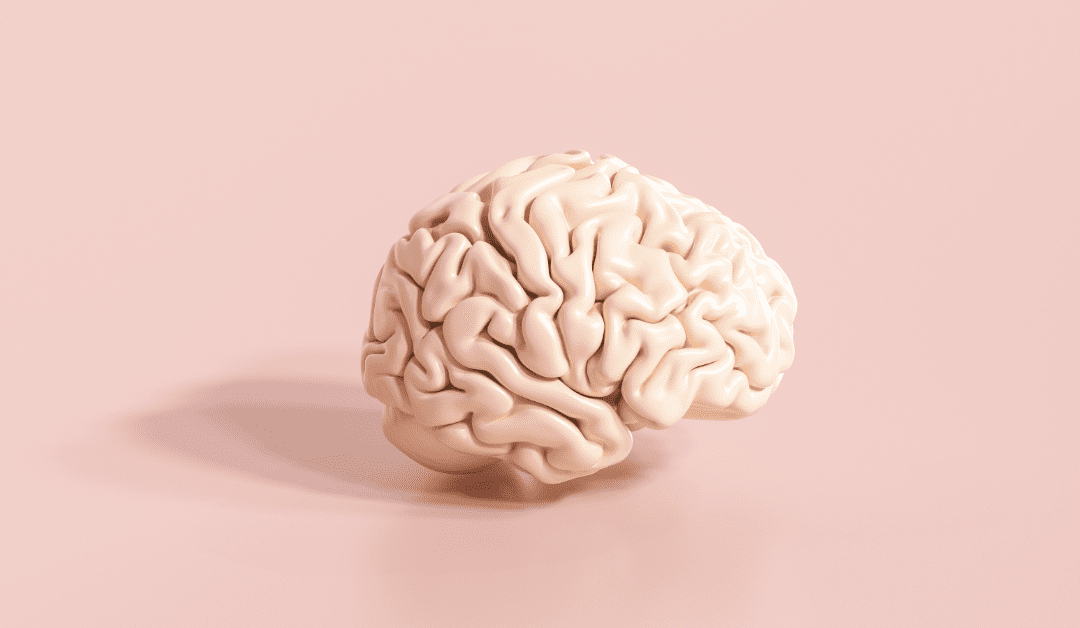For people dealing with memory loss, hope hinges on finding an effective treatment. Unfortunately, most current memory loss treatments don’t actually improve memory function. They help people do better on tasks related to memory.
What’s the difference? Think of it this way: doing crossword puzzles will make you better at crossword puzzles. But that doesn’t translate to having a stronger memory when it comes to anything else. It’s sure not going to help you remember where you left your phone.
The other reality is that improving memory-related tasks takes a lot of effort. Take playing brain games, for instance. Brain games might help you improve cognitive function a tiny bit, but as soon as you stop playing, you lose those gains. And even the most dedicated people get bored and stop playing eventually.
With that we turn to medical treatments. Current medicines for memory loss don’t actually prevent memory loss. You have to wait until you have memory loss to take them. And some of them relieve symptoms for a while, but then stop working. The latest treatments slow down memory loss, but don’t actually help people regain what they’ve lost.
The problem? Most current treatments that address memory loss are based on unproven hypotheses.
Treating symptoms vs changing brain chemistry
Memory loss happens because the brain deteriorates over time. As the brain ages—or as the result of 68 different diseases—neurons die. The pathways that connect the parts of your brain break down.
Some scientists working on memory loss treatments focus on altering the structure of the brain with hopes that doing so will relieve symptoms of memory loss. This approach is a little bit like taking an educated guess. They know what the brain looks like after memory loss, but they don’t know if changing the brain will reverse the damage.
The problem with current memory loss treatments for Alzheimer’s disease
Let’s look at some of the available memory loss treatments. We’ll zero in on Alzheimer’s treatments specifically. The issues with these medications show the gap between where we are and where we want to be.
Current medicines prescribed for Alzheimer’s disease do not cure it. Their aim is to slow progress and lessen symptoms for as long as possible. Here are a few available drugs.
Cholinesterase inhibitors (e.g., Aricept)
As mentioned above, when your brain ages, parts of it begin to die. Cholinesterase inhibitors aim to prevent some of this natural damage. They stop the breakdown of neurotransmitters.
Neurotransmitters are essential for your nervous system. They are the messengers that carry messages through your brain and to the rest of your body.
Cholinesterase inhibitors increase the number of neurotransmitters in the brain. In theory, more messengers sounds good. But in the end, this only slightly slows the progression of Alzheimer’s disease and doesn’t do much in terms of stopping memory loss.
Glutamate inhibitors (e.g., Namenda)
Some researchers believe that glutamate is connected to memory loss. Glutamate inhibitors decrease abnormal brain activity. But in reality, doing so only slightly slows the progression of advanced disease.
Plus glutamate inhibitors have a big downside. Many patients have to deal with difficult side effects, including dizziness, headache, confusion, and agitation.
Amyloid plaques (e.g. Aduhelm)
One new treatment has created a lot of buzz—reducing amyloid plaques. Unfortunately reality hasn’t lived up to the hype. This starts with a severe set of side effects for some like headaches, confusion, delirium, disorientation, dizziness, spinning sensation, blurred vision and nausea.
But researchers suspected a connection between amyloid plaques and memory loss. They hoped that reducing the amyloid plaques would reduce cognitive decline.
In practice, the reduction of amyloid plaques in the brain does not reduce memory loss. Part of the issue seems to be the variability of the number of plaques among patients. Some people have high levels of amyloid, but no serious memory loss. Others have few amyloid plaques, but have profound memory loss.
This is one of the big problems in memory loss research. There’s often a connection between brain chemistry and memory loss. But the story is complex. It’s simply a correlation, not a cause. Using a drug to change the brain is often not enough to make lasting gains in terms of cognitive function.
Leqembi
The FDA recently approved Leqembi. Right away, headlines announced a new breakthrough in Alzheimer’s treatment. The reality behind the headlines is less promising.
Though Leqembi does show some potential to slow the progression of Alzheimer’s disease for some patients, the results are modest at best. Based on the results of trials, most people wouldn’t notice much of a benefit from the medication. And similar to other drugs, it does not help patients regain what has been lost.
Part of the trouble with Leqembi is that it comes with some big risks. Studies found brain shrinkage in some patients taking the drug. As Alzheimer’s progresses, the brain shrinks. So seeing this result in clinical trials of a drug meant to treat Alzheimer’s is worrisome.
Researchers have also linked Leqembi to a risk of brain bleeds. Three people died during the drug trials. In short, the risks likely outweigh the potential benefits for most people with Alzheimer’s.
The promise of olfactory enrichment
As some researchers have gone all in on medicine, I’ve been exploring the connection between memory and the olfactory system (your sense of smell), and how to reverse memory loss.
Research shows that olfactory enrichment—stimulating your sense of smell—reduces cognitive decline. In short, smelling new intense scents can help your brain fight off memory loss symptoms.
Why? Your sense of smell is your only sense with a direct connection to your memory. It’s probably not a surprise. Think back to a time when a smell triggered a memory. Maybe the scent of a certain food takes you back to your childhood kitchen or the smell of a tree reminds you of past holidays. We all have memories strongly connected to a smell.
It turns out we can use this connection to treat memory loss. Olfactory enrichment is an effective treatment for memory loss. And not only is it beneficial for people dealing with symptoms, it can be used to prevent memory loss too.
The best part? Olfactory enrichment doesn’t have any adverse side effects. In essence, it’s all upside.
Introducing the Memory Air Device: Amidst these challenges, we’ve created a groundbreaking solution – the Memory Air device. This innovative device taps into the remarkable connection between smell and memory. By releasing carefully formulated scents during sleep, it triggers specific neural pathways associated with memory enhancement. Learn more at www.memoryair.com.

